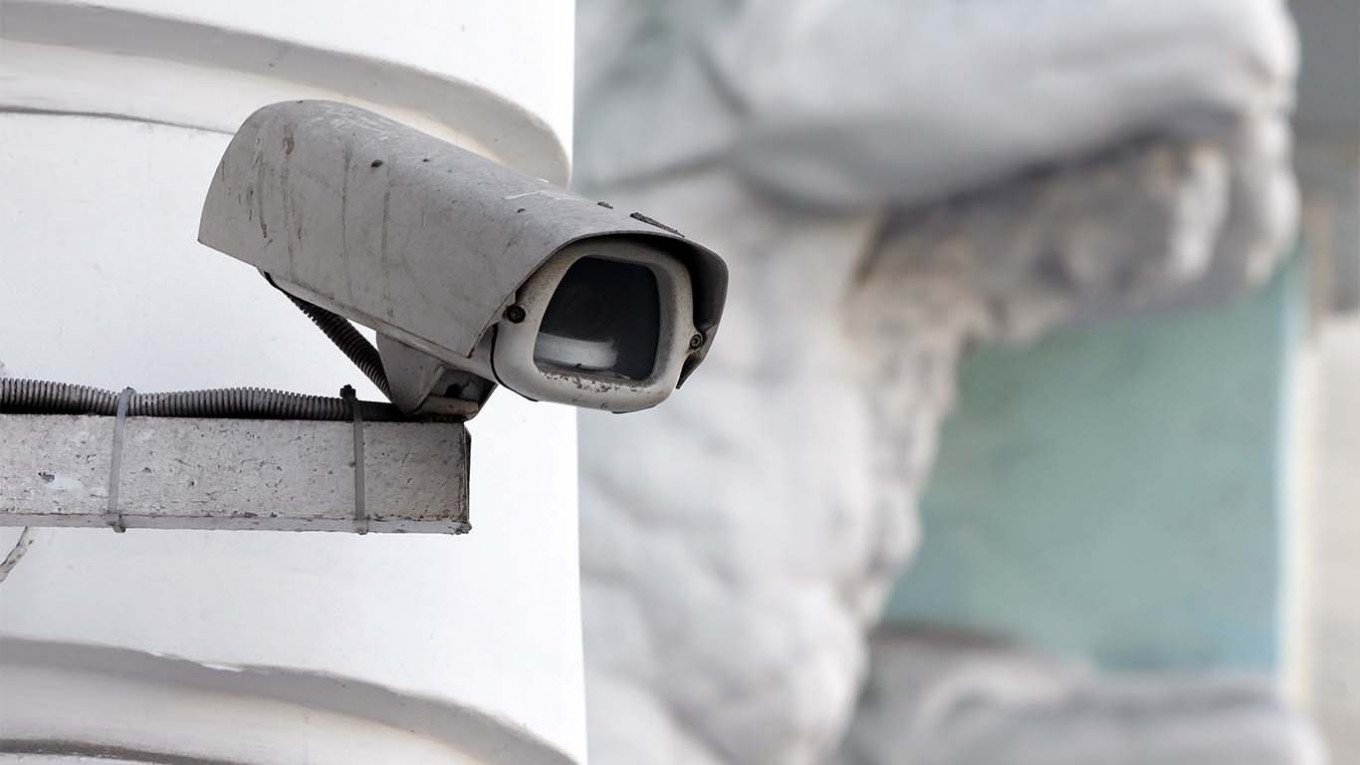
Russian authorities’ massive surveillance campaign rolled out during the coronavirus pandemic could easily be used to monitor civilians in the future, research by the Agora human rights group said Thursday.
During the pandemic, the authorities have collected arriving citizens’ personal data; introduced pass systems that limited movement and violated citizens’ rights; and conducted video surveillance with facial recognition capabilities, the report’s authors say. Other forms of rights violations include delegating police functions to private entities and nationwide geo-tracking that was prone to embarrassing leaks.
The methods “immerse us into the ‘brave new world’ of total surveillance,” said Damir Gainutdinov, co-author of the “Surveillance Pandemic” research.
Moscow and the surrounding Moscow region, as well as the less-populated republic of Bashkortostan and the Primorye region, ranked highest among Russia’s federal subjects for the amount of surveillance they carried out on residents.
Security experts warned during the early stages of Covid-19 restrictions in early spring that Russia and Moscow in particular intend to keep the surveillance toolkit in use until long after the outbreak subsides.
Activists have been almost universally unsuccessful in challenging the surveillance and other restrictions in court.
“In future ‘emergencies’ that can be declared under any circumstances — from a new pandemic or manmade disaster to mass protests — the experience and resources accumulated during the quarantine will allow the rapid deployment of close surveillance,” Agora said.
“Moreover, it turns out the authorities don’t even need to declare an emergency” to limit rights, the group added.
